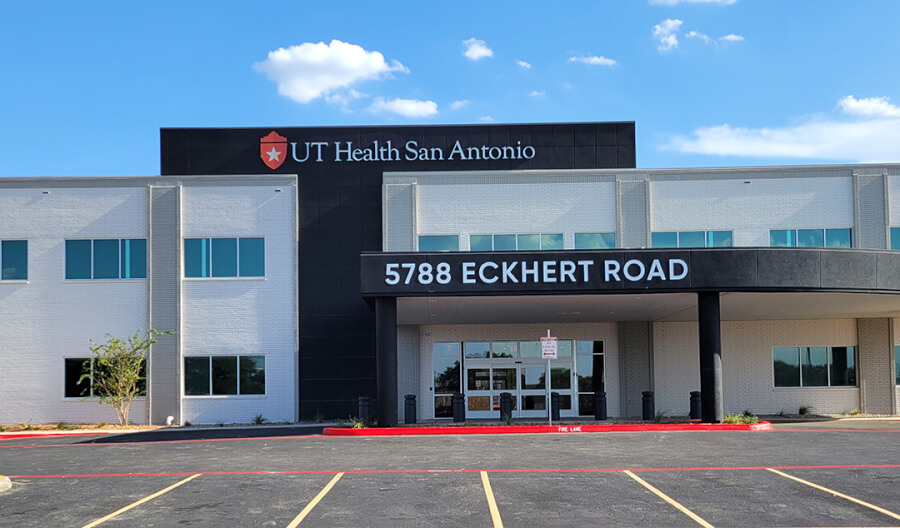
Curriculum
Curriculum
Every Tuesday the fellow will have multiple learning experiences as discussed below.
Additional supplemental lectures will be held on Tuesday to gain more experience in forensic psychiatry. These lectures are supplemental and can be rearranged at the discretion of the program director.
The core didactic lectures will be led by the Texas Forensic Consortium. The fellow will attend virtual lectures from various forensic experts and lawyers from across the state of Texas on Friday Mornings. These lectures will include the core competencies required to be a forensic psychiatrist and are a collaboration between all of the forensic programs in Texas.
Case rounds are a dedicated hour where the fellows will go over their cases to allow the program director to monitor their progress, provide necessary supervision and discuss the case and opinion. This will be in a group setting with both fellows present, although one fellow will present their cases at a time. This will count as one hour of individual mentorship if there is only one fellow present.
One-on-One supervision occurs during the Court Ordered Rotations on Monday.
This series will be focused on reviewing legal case law that surrounds the practice of psychiatry and directs the forensic psychiatry practice. The fellows will be assigned cases to read prior to the lecture. During the lecture portion the instructor will review over the case and discuss the impact of the case law on current practice. The fellows will have an end of year review over the cases to prepare for the forensic psychiatry board exam and will have an end of year test over the landmark cases.
The fellowship will join the PGY-3 psychiatry class in a quality improvement course where they will learn how to complete a QI project specific to forensic psychiatry or academics. The fellows will present their project at the annual quality improvement and research day in the spring.
The fellows will have sessions throughout the year blocked off from 1-3PM to focus on wellness. The fellow will be encouraged to join a wellness group that is maintained in the psychiatry residency program.
The fellows will lead a lecture to discuss Criminal forensic psychiatry topics to residents. The fellows will assist the faculty with teaching residents about Civil topics in psychiatry. An additional optional teaching experience will be available at the St. Mary’s law school.
This committee is composed of the program director, at least one core forensic psychiatry faculty and current fellow(s) in the program. The function of the committee is to provide general guidance and recommendations to maximize the effectiveness of the educational program. Recommendations may be put forth by faculty or the fellow(s). If the PEC approves a recommendation, it is submitted to the program director, the general psychiatry program director, the Vice Chair for Education, and the Chair of the Department, as appropriate, for final approval. The committee meets approximately quarterly or more often if necessary.
EDUCATION DAY:
The fellow will also attend the residency Education Day where they will sit in on the improvement ideas that the residents have for forensic psychiatry education. This is an important opportunity to see how to improve the forensic program for the residents and encourage more residents to pursue forensic psychiatry.
